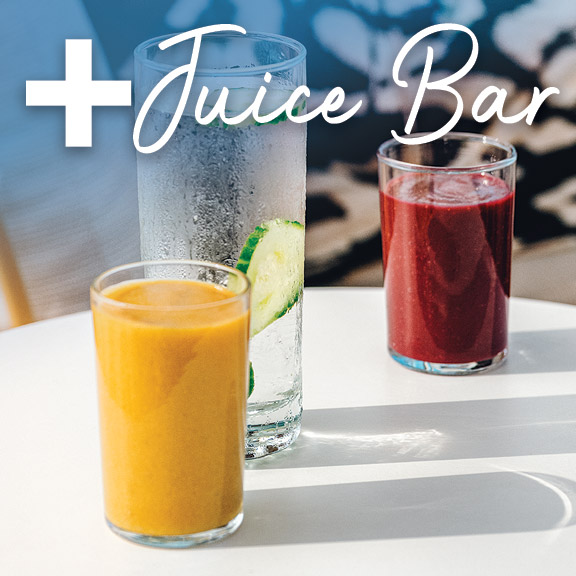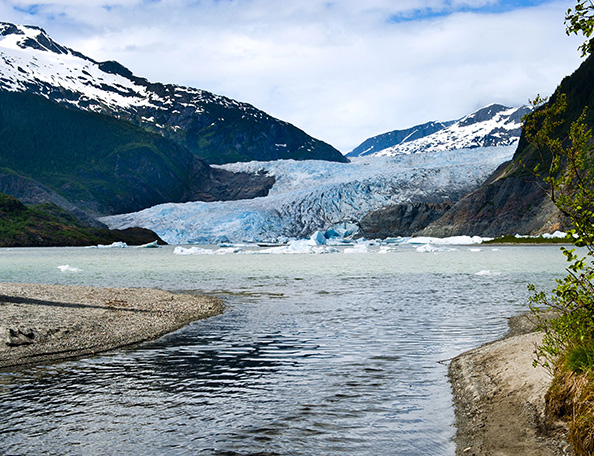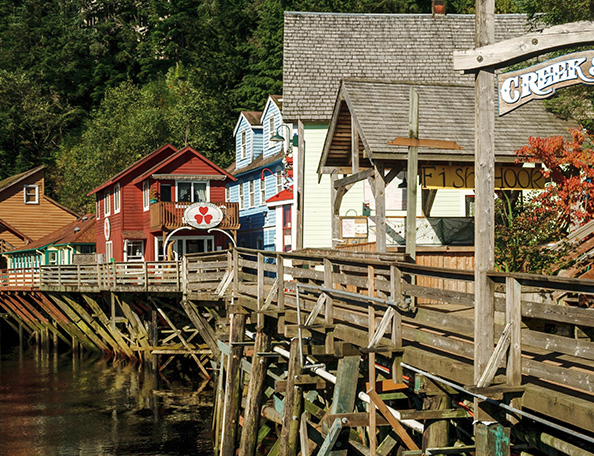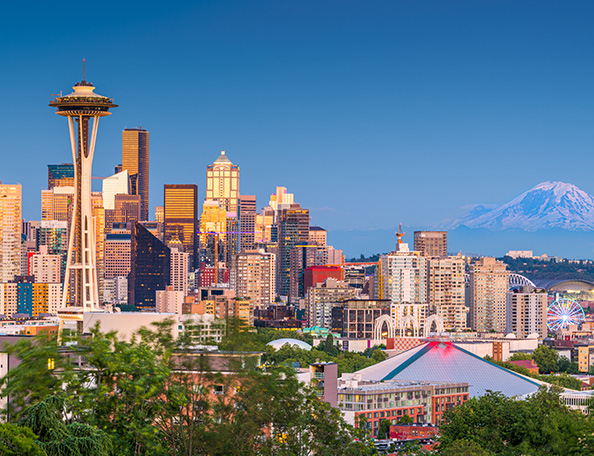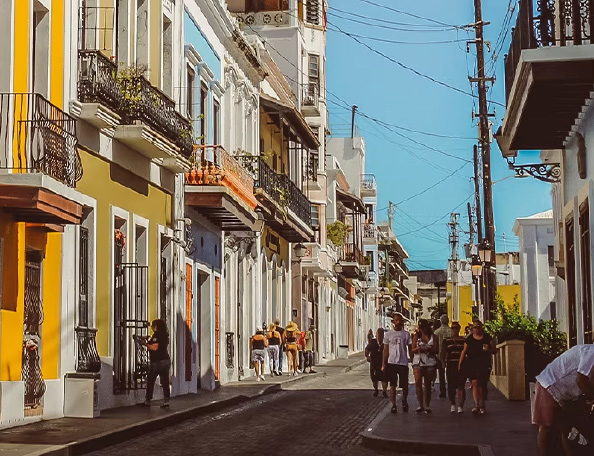Are Plant-Eaters Still the Odd Duck Out?

While plant-based diets are certainly making headway in our modern American culture, broad acceptance remains stagnant in a critical cloud of naivety. In the eyes of the general ‘cheeseburger-chomping’ American, vegans, macrobiotics and vegetarians are viewed as either self-involved trend-riders, or shaggy, hand-soiled, feet-blackened hippy farmers who live at least 100 miles from anywhere worth being. But, like Bob Dylan has been known to say, “The times, they are a-changin’…”
Blog writer Brook Bolen, in her article ‘Understanding and Conquering Social Obstacles to Eating Vegan’ notes “As a sociologist by training, I am endlessly obsessed with human behavior–understanding why people do what they do and what motivates them. Add to that the fact that I obsess about food and regularly wonder why more people don’t share my passion for healthy eating, I can’t help but wonder what fuels and facilitates obstacles and resistance to eating vegan. The evidence is unequivocal and mounting: plant-based diets offer remarkable and innumerable benefits for human health and are necessary for preserving both environmental and human wellness. In spite of all this, obstacles and resistance are commonplace.
This is due, in part, to the way that animal-based foods are marketed to consumers and represented generally. Because animal-based foods dominate our traditional meals, they are considered wholesome, delicious, and well-balanced. More recently, some of them are being marketed as humane and/or sustainable as well. For these reasons, animal-based foods are seen as appropriate for everyone.”
But sometimes the facts just aren’t enough. While we can’t, and shouldn’t, force our dietary rubric on those around us, by leading through example it is possible headway to be made. “On a micro level, those of us whose diets are plant-based must continue to be open and accessible to others about it; in a sense, we must continue to minister about it. Knowing or being acquainted with someone whose views or lifestyle are different from one’s own helps grease the wheels of social change by personalizing difference. Obstacles to the mainstreaming of veganism will be more successfully countered when we understand how and why they exist.”
Is What’s Good for the Goose Really Good for the Gander?

The indifferent social view of “to each their own” gives little credence to the healthy, wholesome and ecologically healing foundation of a vegan and/or macrobiotic lifestyle. In part, this may be due to the plain and simple assumption that plant-based food simply doesn’t taste good. Some defensively call to mind the drudged-up memories of ‘grandma eating a strict hotdog n’ hamburger diet her entire life and having never suffered a single health issue.’ Well, grandma’s like those are few and far between, but we’ll save that topic for another blog post… And the argument that plant-based meals can’t rival the tongue-tantalizing capability of meaty dishes? Not only are nutritious vegan/macro recipes satisfying the picky palates of cuisine connoisseurs across the globe, the general public is starting to catch on as well.
“Vegan foods are not only appropriate for some, they’re ideal for everyone. Regardless of whatever differences define or characterize what and how we eat, everyone wants their food to taste good; they want to enjoy it… When done right, vegan food–just like everything else–tastes great. Even if I had actual mathematical skill or ability, I doubt I could count the number of times over the years that someone has expressed surprise over how tasty my vegan meal was. There is virtually no animal-based food anyone could want to eat that doesn’t have a comparable and delicious vegan version or alternative. Based on the universal criteria of taste alone, plant-based foods are fitting for everyone.
Of course, vegan does not necessarily equal healthy, but the fact remains that even the worst vegan foods (e.g., cupcakes, pizza) are healthier than their non-vegan counterparts, with no cholesterol or saturated fat and almost always having far fewer calories. Add to that the unmitigated environmental advantages of a plant-based diet and it’s really plainly obvious: eating vegan isn’t just for some bodies, it’s for everybody.”
Taste of Health Holistic Holiday at Sea is more than a great vegan travel experience, it’s an opportunity to travel and stay healthy while pampering AND educating yourself with current events and trends in the vegan world. On our holistic cruise you will have the opportunity to eat divine meals, make new friends engage with some of the most celebrated personalities of the Vegan Industry. 2013 will mark the 10 year Anniversary of the Holistic Holiday at Sea and there will be tons of socials, great classes, amazing Caribbean ports and even a few surprises. Learning a new way of living has never been so much fun, so easy and so tasty!
Sources –
https://www.onegreenplanet.org/lifestyle/understanding-and-conquering-social-obstacles-to-eating-vegan/
Princess Plus Pricing Includes
- WiFi (1 device per guest)
- Crew appreciation (gratuities)
- Plus Beverage Package (drinks up to $15 each)
- Unlimited Juice Bar
- NEW Casual Dining meals (2 per cruise)
- MedallionClass experience
- Princess dining, accommodations and entertainment
- Princess Premium desserts (2 per day)
- Princess Fitness classes (2 per cruise)
- NEW OceanNow delivery
- NEW Room service delivery
* Not included for 3rd/4th occupancy guests





